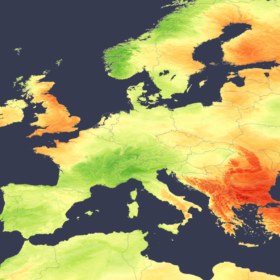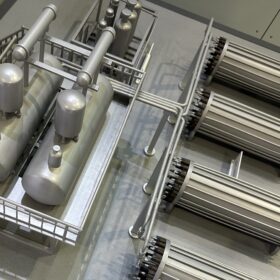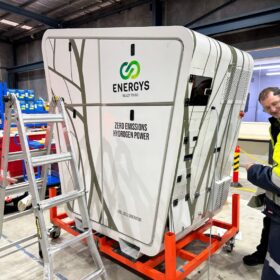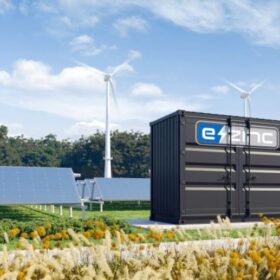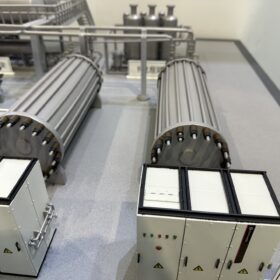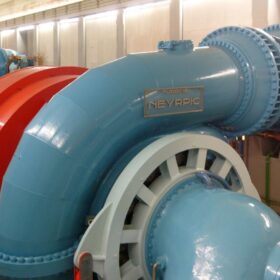Weather standstill limits European solar production in June
In a new weekly update for pv magazine, Solcast, a DNV company, reports that, while in June Western Europe experienced below-average irradiance, Eastern Europe and the Balkans in particular saw a notable increase, resulting from persistent and static weather patterns.
India launches several green hydrogen tenders
Mangalore Refinery and Petrochemicals has started accepting bids to build, own, and operate a green hydrogen plant to supply 10 kilotons per annum (ktpa( of green hydrogen. It says it will sign a 25-year gas purchase agreement with the successful bidder.
Remote telecom towers powered by 10 kW hydrogen generators
An Australian-made, 10 kW renewable hydrogen generator has been installed 120 km east of Melbourne, as part of a pilot project to provide backup to telecom towers disabled by outages.
How to make seaports into energy communities with PV, wave energy
Researchers have simulated the operation of seven renewable energy communities in the Port of Naples and found them to offer lower life cycle costs. Using varying capacities of solar and wave energy, they were able to optimize the system to a 90% self-consumption rate. They also offered a scheme for the management of a port energy community.
Spain authorizes 7.2 GW of new PV projects
The Spanish authorities have approved 7.2 GW of new PV projects so far this year, with 3.1 GW authorized in the second quarter alone.
China could lead the world to net zero
China, with an 18% share of the global population, uses 26% of the world’s primary energy and emits 33% of the world’s energy-related CO2. The energy transition unfolding in the country isn’t merely a national affair as its ramifications echo globally, explains Mahnaz Hadizadeh, a researcher for consultancy DNV.
Zinc batteries: Redflow teams with Stanwell on 400 MWh project, e-Zinc secures $31m commercialization funding
Australian zinc bromide flow battery specialist Redflow has struck a partnership with Queensland state-owned generation company Stanwell to work together on the development of a non-lithium long-duration battery energy storage solution for use in a 400 MWh project. Meanwhile, Toronto long duration energy storage specialist e-Zinc has secured $31 million which will go towards developement and completion of its pilot manufacturing facility in Mississauga, Ontario.
Colombia’s PV capacity hits 1.2 GW
Colombia’s Mining and Energy Planning Unit (UPME) says the country’s PV capacity has reached 1,193 MW. The nation surpassed the 1 GW threshold several weeks ago with the commissioning of two large-scale solar facilities.
Optimal size ratios for solar, wind-powered hydrogen production
Researchers in Italy outlined a new model for estimating hydrogen production cost as a function of the plant’s component sizes. They tested both PV, wind, and hybrid production of hydrogen to determine the optimal size ratio for the 2030-2050 period. They also found that PV-powered hydrogen may currently achieve a levelized cost of hydrogen of €5.11/kg in Italy, with a PV ratio of 2.2.
Australian state prioritizes pumped hydro projects
Three pumped hydro projects that would deliver a combined 1,035 MW/9,480 MWh of dispatchable capacity are among six projects that have been declared critical, state-significant infrastructure by the New South Wales government in Australia.
